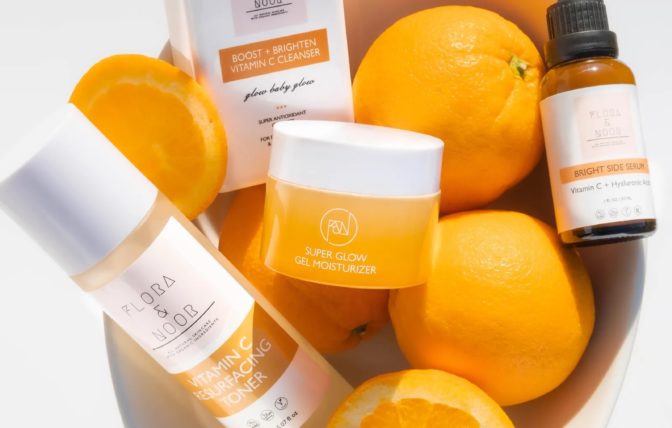
 "
"

 "
"

Model Halima Aden’s 2017 runway appearance and major fashion campaigns for Nike exposed the lack of representation of Muslim women in the fashion and beauty industries. Models like Ugbad Abdi and Asha Mohamud later gained prominence. Recently, representation has expanded into the beauty space, catering to Muslim skin-care and makeup enthusiasts.
Flora & Noor, a skincare brand, has become the first halal-certified brand to be carried at Ulta Beauty. Halal is a label for ingredients considered acceptable by Islamic law, which can apply to various items, including beauty products, used by Muslims. While not all Muslims strictly seek halal items, finding halal-certified beauty products is crucial for those who do. Jordan Karim, founder of Flora & Noor, explains that Muslims pray five times daily and need to cleanse themselves before prayer, which includes removing fake nails and makeup.
Halal-certified products undergo rigorous testing to meet the standards of the Islamic Society of the Washington Area (ISWA) Halal Certification Department. In skin care, halal products cannot contain alcohol or animal byproducts, but beeswax and honey are allowed. Halal guidelines are hyper-specific, making it difficult to find necessities that meet these standards in the United States. Karim, a Chicago resident, struggled to find halal-certified products that met halal standards, were efficacious, and safe for her son with eczema. In 2020, she launched Flora & Noor, a halal-certified brand. The biggest barriers were sourcing kosher, halal, and vegan versions of active ingredients, which was more difficult in America. Despite increased costs and logistical effort, Karim believes it is worth it to make halal-certified skin care more accessible for all.